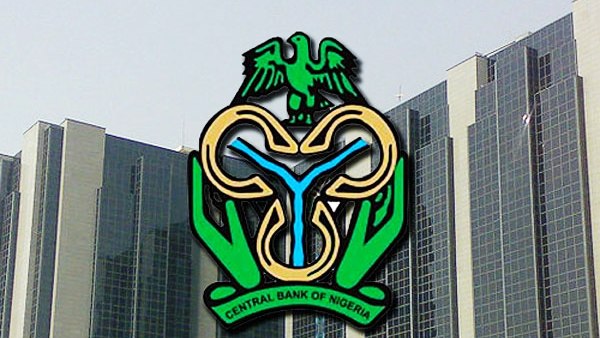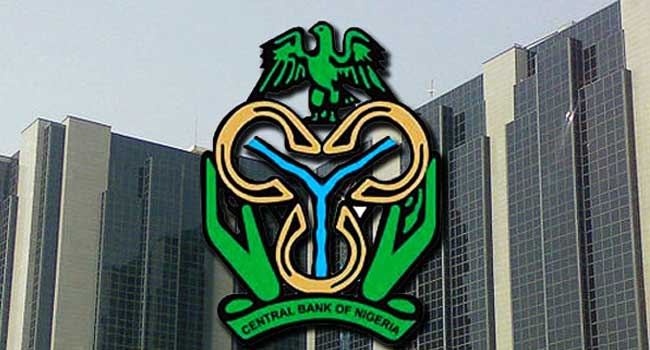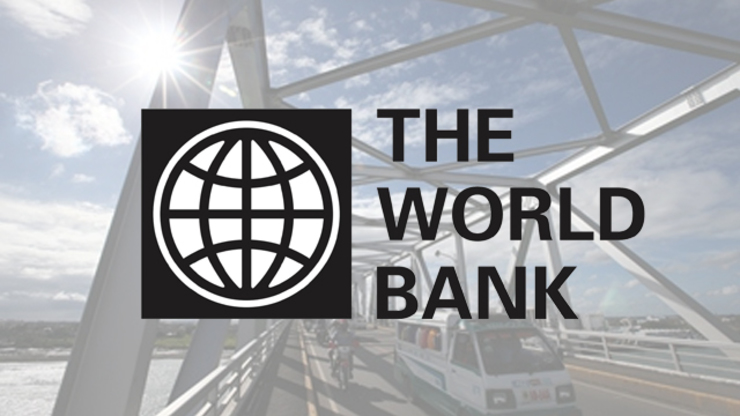…as Naira exchanges for N372/$1 at parrallel market
The Central Bank of Nigeria on Monday introduced new rules into the interbank foreign exchange market.
This development is coming as the Naira to dollar rate climbed to 372 at the parallel market and 305.55 at the interbank market on Monday.
The rules were contained in a new circular tagged, “Further liberalisation of the interbank foreign exchange market,’’ and signed by the Director, Financial Markets, Dr. Alvan Ikoku.
Among other things, the regulator said authorised dealers in the interbank were meant to put only N1 spread on their transactions.
The statement reads, “All authorised dealers shall be subject to a maximum spread of N1. Funds purchased by an authorised dealer from another dealer on the interbank market shall not be held in position overnight by the buying authorised dealer or sold to another authorised dealer.”
“Such interbank purchases shall only be sold by the buying authorised dealer to its customers for permitted/eligible transactions as outlined in the above-referenced circular.
It added, “Authorised dealers shall not exceed their respective foreign currency trading position without approval of the CBN. Compliance with the FCTPL shall strictly be monitored by the CBN.”
“All interbank trades –spot, forwards, futures, option and swaps –that have an impact on an authorised dealer’s FCTPL are expected to comply with the rate reasonability standards.”
In addition, the CBN stated that it reserved the right to intervene, as a buyer or seller, as it deemed it fit in the interbank market.
It advised the dealers to encourage their corporate clients to on-board the FMDQ-advised forex trading system immediately, in order to avoid sanctions and to deepen the market.


